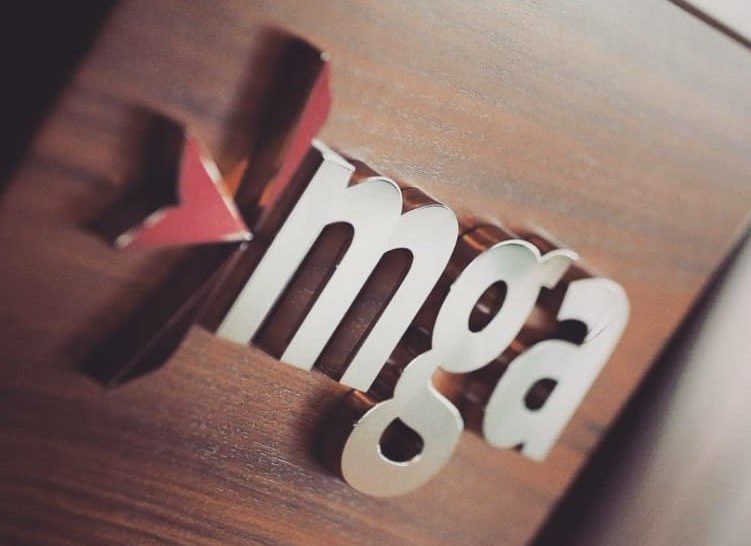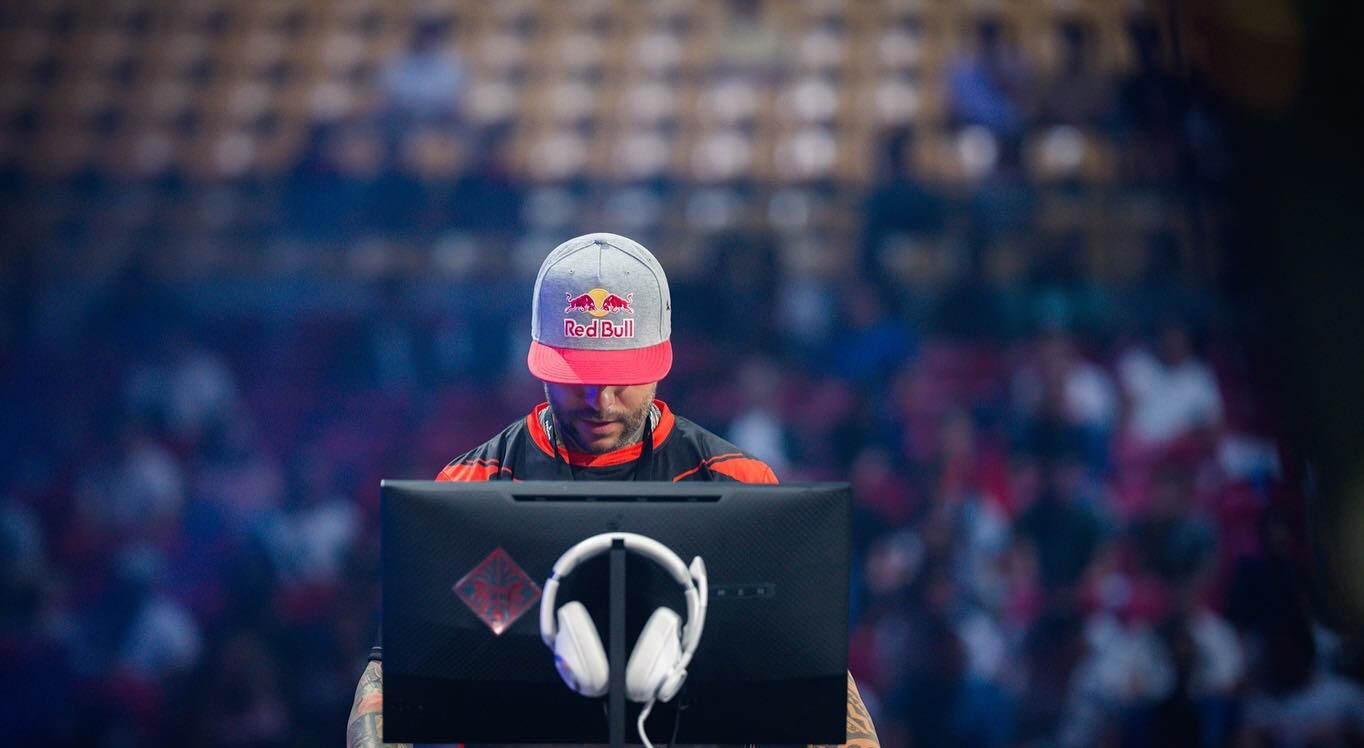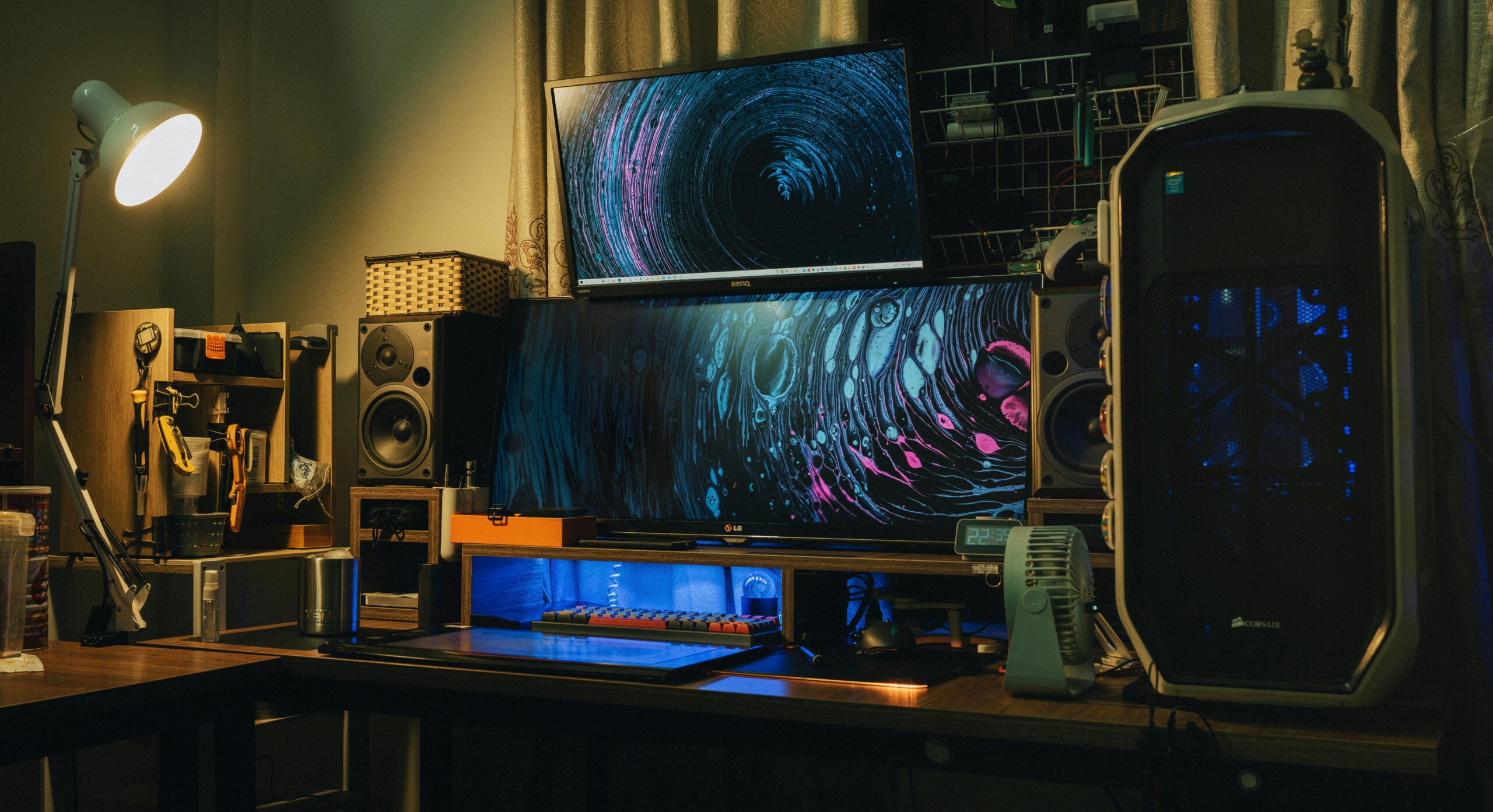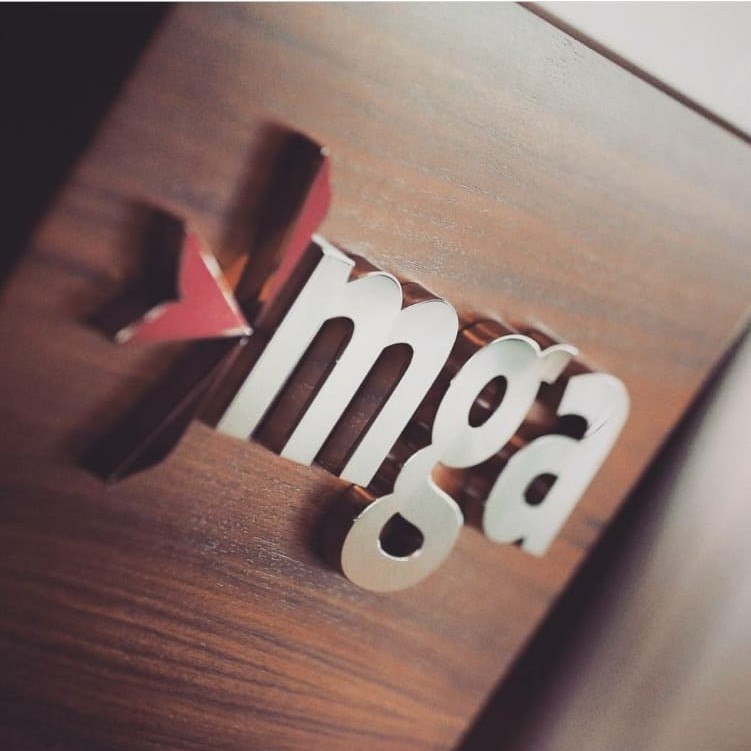The Malta Gaming Authority is proposing to substantially increase the minimum paid-up share capital requirements for new iGaming firms seeking an MGA licence, which it describes as a “proactive step to secure the reputation of the gaming industry and to enhance its attractiveness for the long-term”.
Current vs Proposed share capital structure:
| Licence Type | Current Minimum Capital Requirement (€) | Proposed Minimum Capital Requirement (€) |
| Critical Gaming Supply | 40,000 | 300,000 |
| Gaming Service Type 1 | 100,000 | 500,000 |
| Gaming Service Type 2 | 100,000 | 500,000 |
| Gaming Service Type 3 | 40,000 | 300,000 |
| Gaming Service Type 4 | 40,000 | 300,000 |
| Multiple Types | 240,000 | Multiple type approvals to meet the above capital requirements cumulatively up to a capping of €1 million |
The increases vary based on the MGA licence application, but in all cases will mean a vastly increased capital investment.
Asked about the projected impact of the proposed requirements on attracting new iGaming players to Malta, an MGA spokesperson remarked:
“One of our foremost regulatory objectives is to foster an environment that encourages sustainable growth, and that means being open to start-ups that have the necessary resources to operate effectively and in a compliant manner. This approach aims to bolster the industry’s integrity and sustainability, ultimately ensuring the industry’s and the country’s long-term competitiveness.
“Cushioning the financial barriers for companies to start up in Malta can take other forms, and should not be at the expense of their viability.”
The spokesperson further commented that “by ensuring sufficient funds are invested by a company’s shareholders in proportion to its growth plans and demands, we help ensure that company’s financial feasibility, and its sustainability in the medium to long-term”, which in turn “fosters trust and confidence in the company’s ability to fulfil its financial obligations towards its employees, its suppliers and players”.
Concerns have been raised about the ability for start-ups interested in Malta as a jurisdiction to raise the required amount of capital, with start-up companies often bringing new innovative solutions to industries as they compete with larger and more established players. On the other hand, one industry insider who preferred not to be named expressed his own concerns about the reputational damage to the industry when an under-capitalised iGaming start-up on the island does not pay their staff wages in a timely manner or struggles to pay suppliers.
As an iGaming jurisdiction, Malta made a name for itself by acting as a point of supply licence where B2C iGaming firms can serve consumers across Europe through its MGA licence. In recent years, European countries have instituted rules requiring iGaming firms to obtain national licences in the countries they serve, weakening the strength of the MGA licence. One area that continued to thrive despite these pressures is the B2B gaming supply segment, which are licenced through the Critical Gaming Supply Licence, one of the higher paid-up share capital increases under the MGA’s proposed rules.
As for the legislative process for these proposals to come into effect, it is understood that it depends on how the initiative is implemented – whether as a legal notice or a directive. It will most likely require legal amendments in Malta’s gaming subsidiary legislation, and would therefore need to go through Cabinet before being transposed into law via a legal notice.
The proposals for the paid-up share capital requirements stem from a closed consultation undertaken by the MGA, which also included an internal study. A spokesperson further confirmed that “the MGA is currently reviewing and constructively taking on board feedback we have received through the consultation that doesn’t prejudice the aims of the changes.”
Paid-up capital is the amount of money received by the company when it sells its shares to the shareholders and investors directly through the primary market. In other words, it is the money that the investors give to the company on buying a share in that company.
Continue Reading
Gambling and financial regulators team up for closer cooperation
The MGA and MFSA have signed an MoU, designed to deepen their longstanding collaboration
ICON launches AI platform accelerateX to streamline compliance and hiring for gaming studios
The AI-powered platform from ICON automates hiring, compliance, and vendor payments for gaming companies scaling at speed
GCS Recruitment Malta Limited: Bridging talent with opportunity
GCS pairs local expertise with digital tools to connect employers and job seekers across key sectors, offering tailored hiring solutions
Malta Gaming Authority stresses it has no connection with phlove.org
The regulator warned consumers to only use MGA-authorised services










